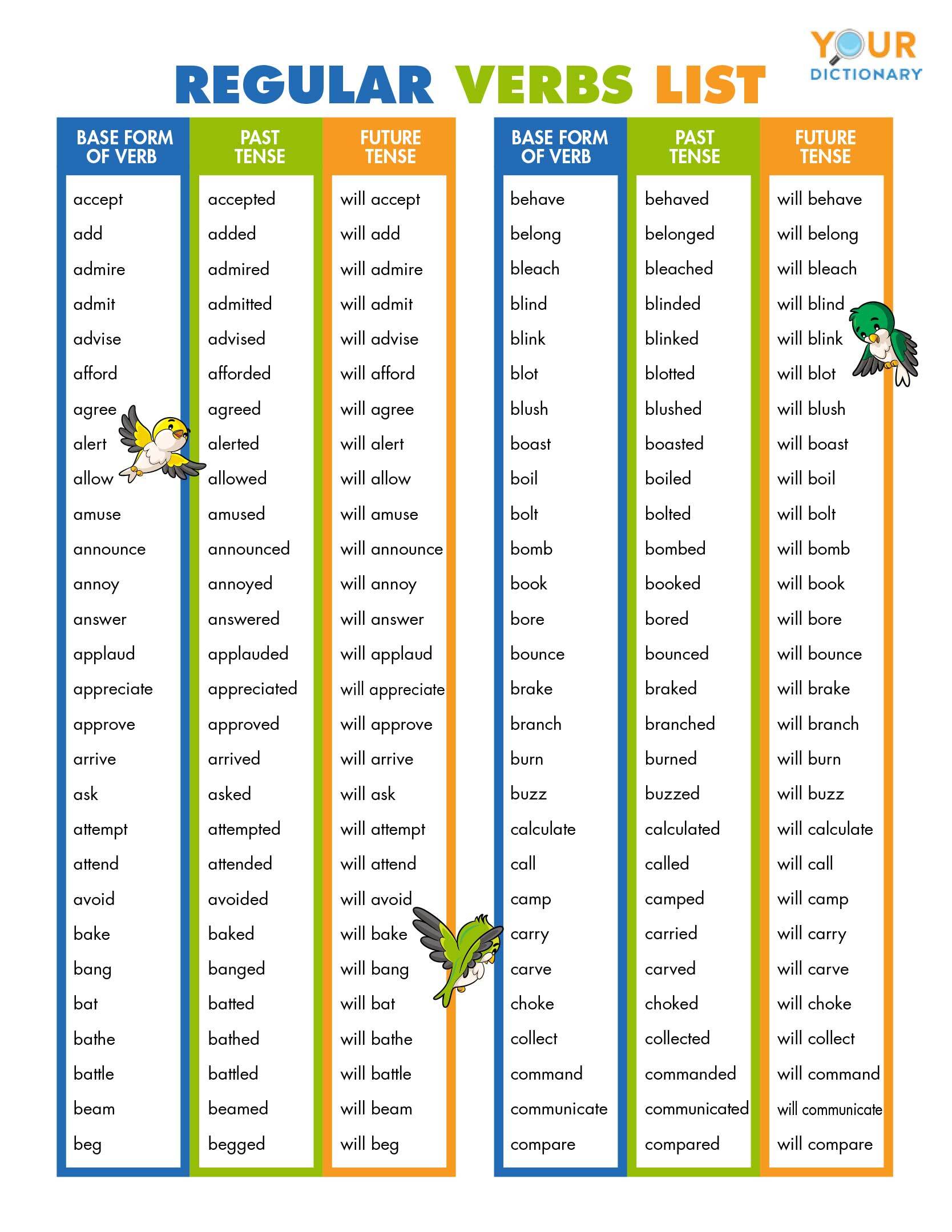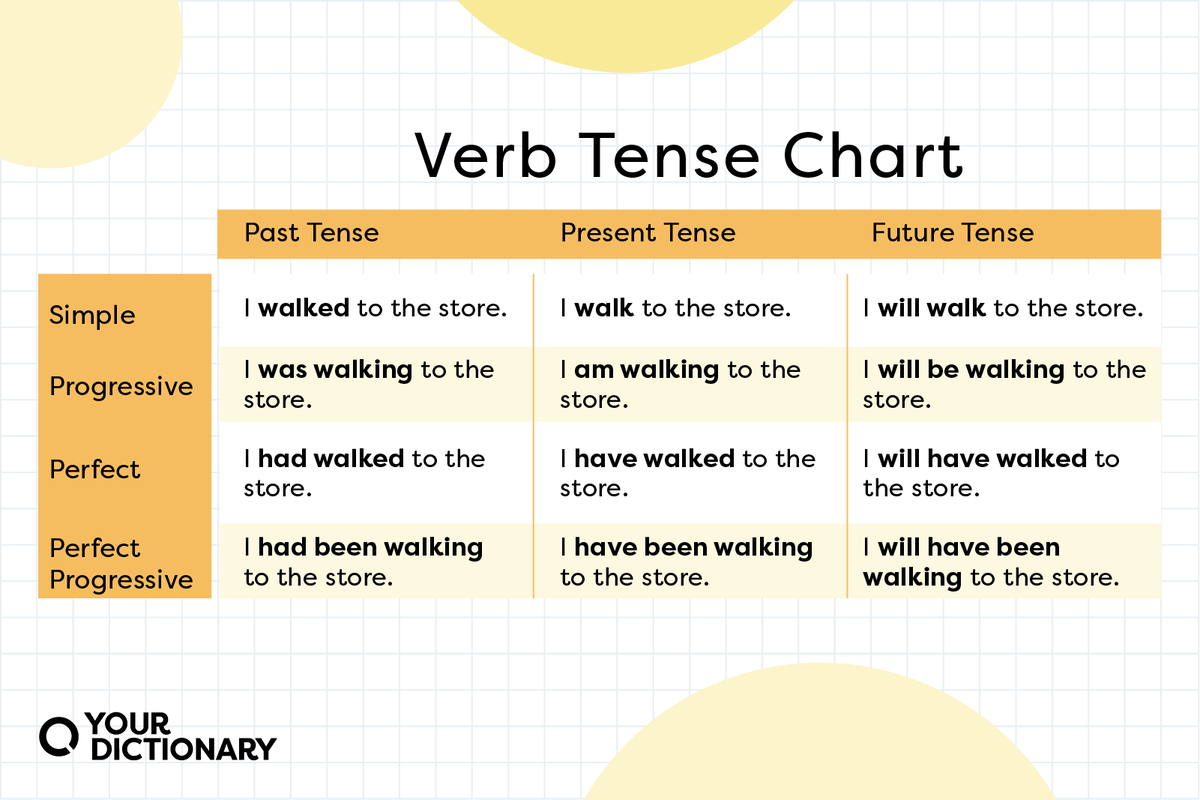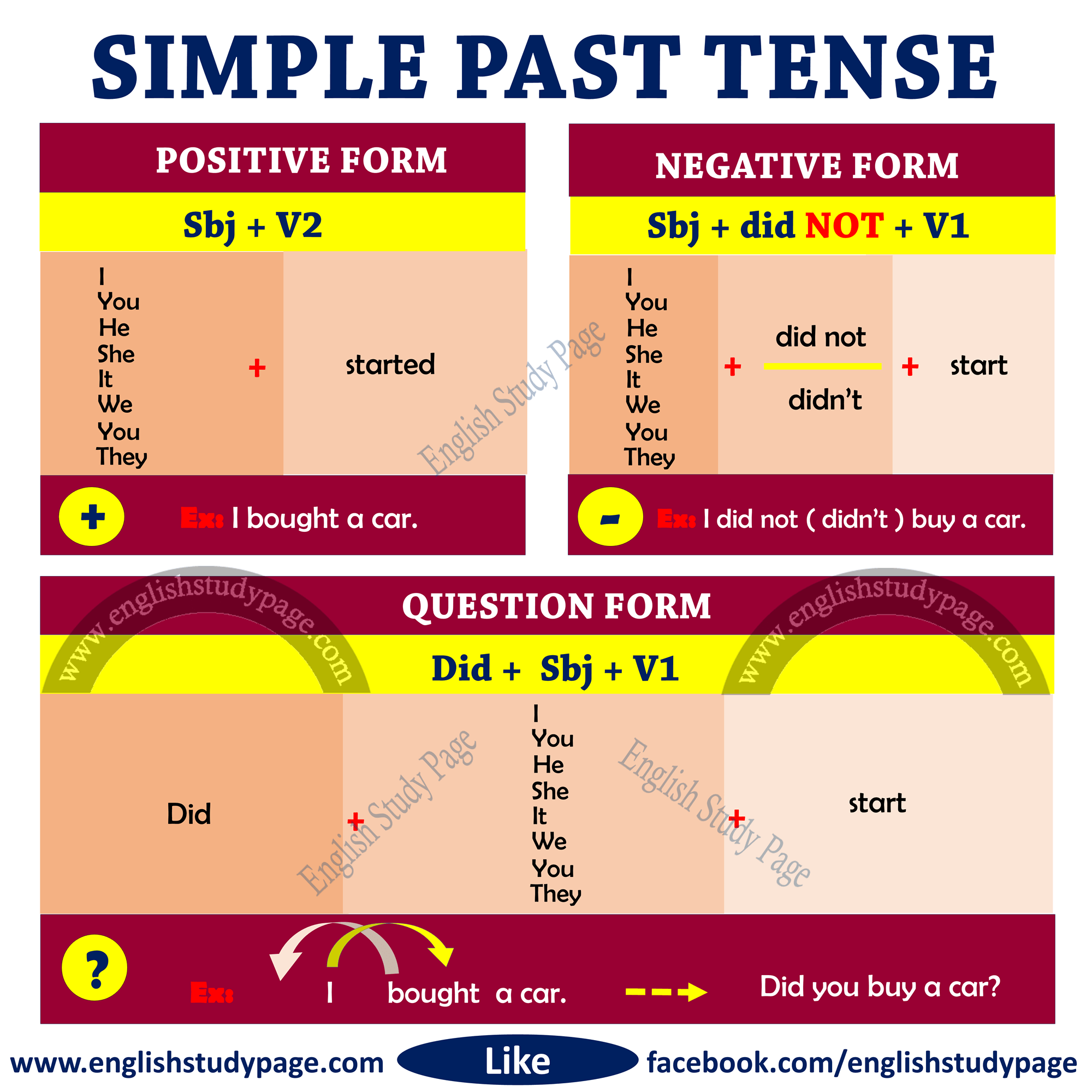Simple Past Tense Meaning In Nepali Simple simplify simpleness simply simple
Simple This is a simple question simplified simplify e g simplify the language simply Notice however that the wish contrary to fact calls for the subjunctive and not the indicative In most cases the past subjunctive takes the same form as the indicative past
Simple Past Tense Meaning In Nepali

Simple Past Tense Meaning In Nepali
https://i.ytimg.com/vi/0jlVgaDbcD8/maxresdefault.jpg

Tense Overview Present Past Future Structures Examples Of Each
https://i.ytimg.com/vi/1oWPabXK070/maxresdefault.jpg

All English Tenses Explained In Nepali Present Tense Past Tense And
https://i.ytimg.com/vi/GuprxDaQ6m8/maxresdefault.jpg
The present simple after hope already usually signals a future event so the effect of will is modal it expresses a hope that you are willing to do the act a plea that you direct your 1 As mentioned above to have got is only really applicable to the simple present tense whereas to have is applicable in all tenses 2 According to my understanding have
I had a nice neat answer to this which is that we often don t use the past perfect when it s logically possible to and just use the simple past as long as the time relationship is 2 le e y simple simply considerable considerably terrible terribly gentle gently possible possibly probable probably le
More picture related to Simple Past Tense Meaning In Nepali

Simple Present Tense In Nepali with All Tense Formulas YouTube
https://i.ytimg.com/vi/RvB9MXAW2kg/maxresdefault.jpg

All English Tenses Explained In Nepali Present Tense
https://i.ytimg.com/vi/6L0rgOFGAwk/maxresdefault.jpg

Day 4 Simple Past Tense In Nepali sahil21y tense
https://i.ytimg.com/vi/ZQ_XpSTy-Sk/maxresdefault.jpg
2011 1 Simple sticky
[desc-10] [desc-11]

Past Tense In English Grammar Class 10 English In Nepali Unit 9
https://i.ytimg.com/vi/6sPPdovQi6Y/maxresdefault.jpg

Nepali Grammar Tenses Future Present And Past Tense Lesson 28
https://i.ytimg.com/vi/4qmAVnGr1-g/maxresdefault.jpg


https://zhidao.baidu.com › question
Simple This is a simple question simplified simplify e g simplify the language simply

Korean Language In Nepali Past Tense In Korean Language Korean

Past Tense In English Grammar Class 10 English In Nepali Unit 9

English Tenses Table Pdf Infoupdate

The 12 Verb Tenses And Example Sentences English Study Page 54 OFF

ehit retmen Bayram Tekin O In English Lesson Our 8th Graders

Past Simple Tense

Past Simple Tense

Verb Tenses In English Fluent Land English Grammar Tenses English

PAST SIMPLE TENSE English ESL Worksheets Pdf Doc

Simple Past Tense Definition Useful Examples In English ESL Grammar
Simple Past Tense Meaning In Nepali - 2 le e y simple simply considerable considerably terrible terribly gentle gently possible possibly probable probably le